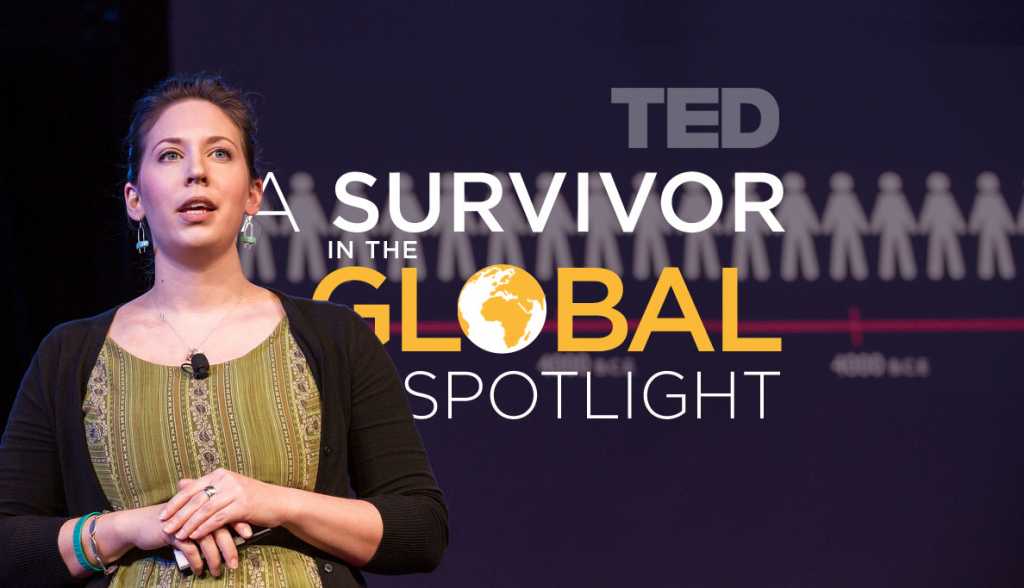Page 137 • (1,684 results in 0.055 seconds)
-
(ESCI 498-499) in their final full year. Prerequisite: at least 8 semester hours of 300-level or above courses in earth science. Pass/Fail. (1) ESCI 499 : Capstone: Senior Seminar - SR Culminating experience applying geological methods and theory through original literature or field or laboratory research under the guidance of a faculty mentor, with written and oral presentation of results. Required of all majors in their senior year. Prerequisite: ESCI 498. (4)
-
, graphing and the solving of triangles. Appropriate as preparation for Math 123, 128 and 140. Prerequisite: PLU math placement exam and two years of high school algebra. (4) MATH 123 : Modern Elementary Mathematics I: Number Sense and Algebraic Sense - QR Numeration systems and concepts underlying traditional computations. Field axioms, number theory, set theory. Patterns and variables, functions, proportionality, linear versus exponential growth. Emphasis on conceptual understanding of mathematics
-
? This study is grounded in my own personal experiences in a Black female academic space and through stories of Black womxn to illustrate mechanisms of whiteness. Furthermore, these experiences will be examined through a critical race theory lens. The goal of this research is to untangle the complexities of whiteness with the hope of creating space centered around Black womxn scholars. Why I majored in Gender, Sexuality, and Race Studies: I majored in WMGS/GSRS because I am invested in deconstructing
-
, identities, graphing and solution of triangle. Appropriate as preparation for Math 123, 128 and 140. Prerequisite: PLU math placement exam and two years of high school algebra. (4) MATH 123 : Modern Elementary Mathematics I: Number Sense and Algebraic Sense - MR, NS Numeration systems and concepts underlying traditional computations. Field axioms, number theory, set theory. Patterns and variables, functions, proportionality, linear versus exponential growth. Emphasis on conceptual understanding of
-
theory and methods classes; and two new courses specifically designed for students who plan to use their education background for educational work in non-school community institutions, such as: museums, environmental education centers, performing arts organizations, businesses, etc. This education background along with the student’s area of academic emphasis will be taken into consideration for the job-shadow and internship components of this program. Required Content Area and Emphasis Students must
-

it a field—now it is, but a very, very small field.” A small field, maybe—but one with potentially huge impact. “She is on the ground floor of a relatively new field that has the possibility of making all kinds of great insights into cancer in the evolution of history,” Ryan said. As Hunt and other researchers unearth more and more ancient evidence—breast cancer in 3500 B.C. Egypt, osteo-sarcoma in a T. rex femur—Hunt has formed an intriguing theory: She believes cancer is inherent in human
-

, thermodynamics, electromagnetic theory and even quantum mechanics, and regularly apply what you’re learning in hands- on laboratories taught by professors (never teaching assistants!). When you graduate, you’ll be well- prepared for graduate study in many areas of the physical sciences and engineering, or to pursue professional careers in the industry. Graduates from the last 5 years: Their jobs Engineer Officer, United States Army Reserve Systems Design Engineer, Thermo Fisher Scientific Test Engineer
-
opportunities for leadership development and professional development appropriate to the student's interests and abilities. This is a Pass/Fail class only. A general outline of the student's final project is also expected to be developed as a function of the mentoring process. Can be repeated once for credit up to four semester hours. (2) KINS 515 : Applied Sport Psychology I Examination and analysis of theory and research relating to social psychological factors and group dynamics affecting sport and
-
253.535.7415 www.plu.edu/career career@plu.edu Academic Internship/Cooperative Education courses are unique opportunities for “hands-on” job experience with directed academic learning. Students gain an appreciation of the relationship between theory and application, and learn firsthand about new developments in a particular field. An academic internship/cooperative education experience enables students to gain skills and competencies, apply academic learning to the workplace, and receive
-
academic unit. (1 to 4) ANTH 480 : Anthropological Inquiry Historic and thematic study of the theoretical foundations of anthropology: research methods; how theory and methods are used to establish anthropological knowledge. Required of majors in their junior or senior year. Prerequisite: at least two 300-level anthropology courses or consent of instructor. (4) ANTH 487 : Special Topics in Anthropology To provide undergraduate students with new, one-time, and developing courses not yet available in the
Do you have any feedback for us? If so, feel free to use our Feedback Form.


